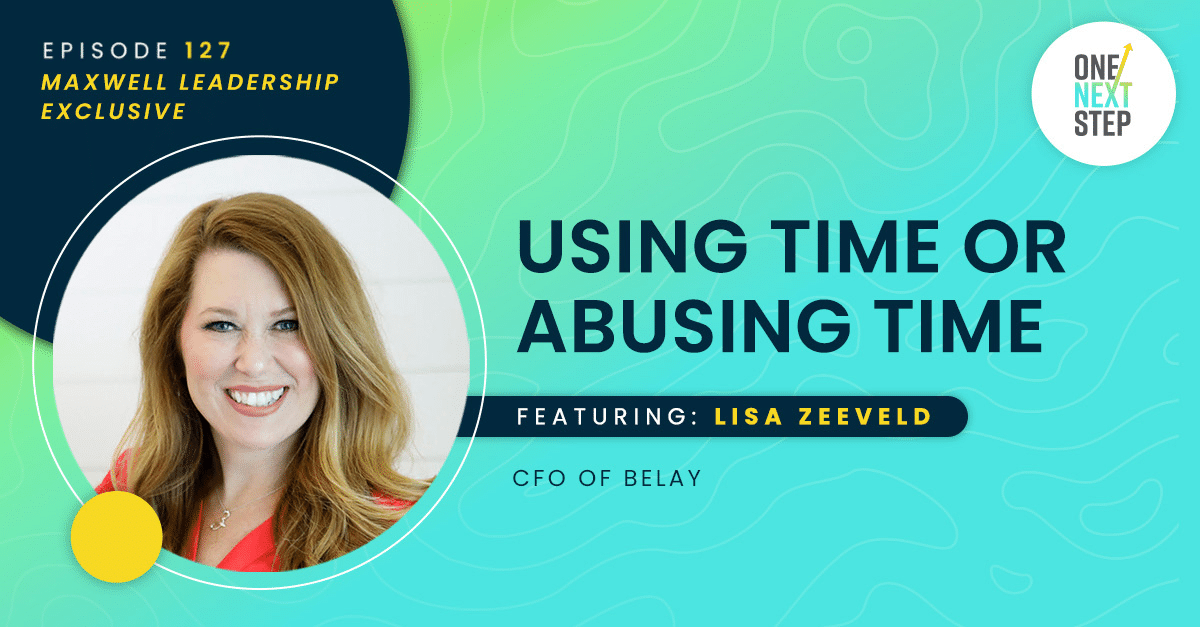1. Build relationship capital.
If you have a trusting relationship where you have your team’s best interest at heart, it makes tough conversations go much better. A lot of people don’t know they are underperforming. So be transparent and sincere to help that conversation go well, then be sure to follow up in writing.
2. Listen before diving into solution mode.
If you jump in too early, you might be trying to solve a problem that isn’t there. Do a fact-finding session first, and gather information. Then, be empathetic. Put yourself in their shoes and try to understand what their perspective is and how it’s impacted them. From there, you can clarify expectations.
3. Clarify that you’re talking about a problem, not a person.
In a work scenario, it can start out feeling very interpersonal. But you’ll usually find out it’s more about a problem, not the person. The feedback in that conversation goes much better when you identify the problem, and it doesn’t feel as emotional on their end.




